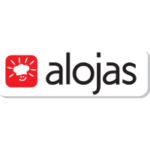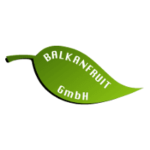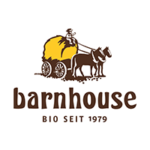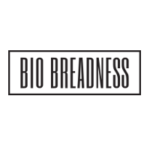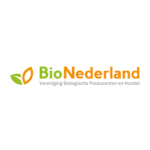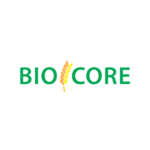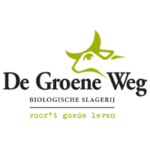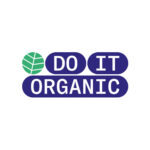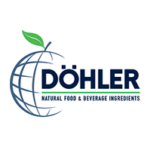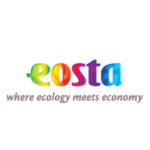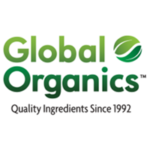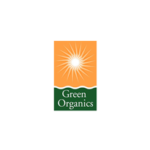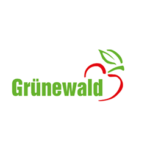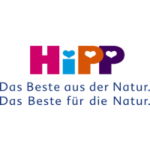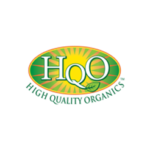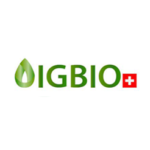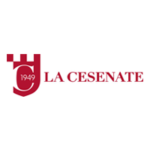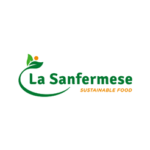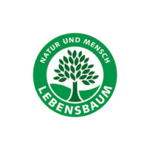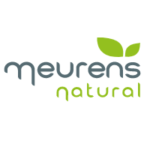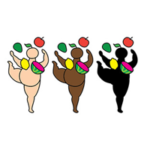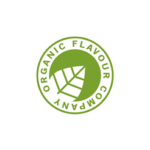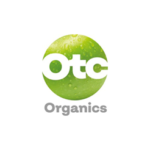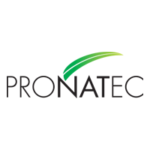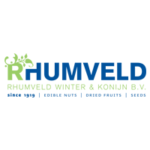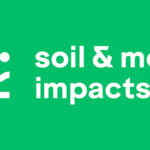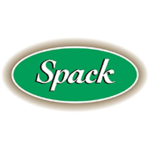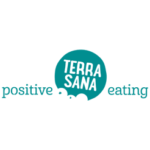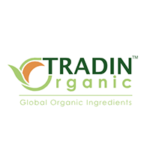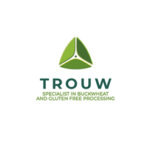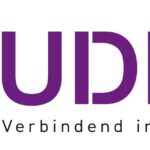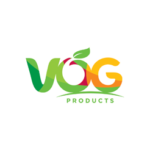OPTA is the voice of leading organic processing and trade industry in Europe.
We promote the ideas, innovations and policies that encompass the ambitious European goal to increase organic food and farming to at least 25% in 2030.
Current Highlights
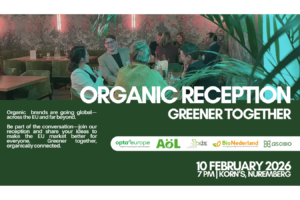
AöL, OPTA Europe, Bio Nederland, AsoBio and Pize invite you to the Organic Reception
Meet the people in the organic supply chain, from processors to traders, who are committed to a sustainable food future. This event is an opportunity for inspiration and networking.

Organic processors and traders call for an assertive trade strategy to expand market access for EU organic products
Brussels 25 September –The Organic Market Conference organized jointly by OPTA Europe and AöL welcomed over 100 organic professionals for one energising day filled with market insights and meaningful connections. The event explored the trends shaping the organic marketplace and the tools supporting agri-food exporters.
Relevance of Organic
By producing high quality food with low negative impacts on environment and health, organic standards play an essential role in developing a sustainable food system for the European Union.
Organic products contribute to the protection of the environment and the climate, the long-term fertility of the soil, high levels of biodiversity, a non-toxic environment for consumer health and high animal welfare standards.
This relies on the fact that the organic scheme does not allow the use chemical pesticides and synthetic fertilisers. In addition, the use of GMOs and ionising radiation is prohibited and the use of antibiotics is severely restricted.
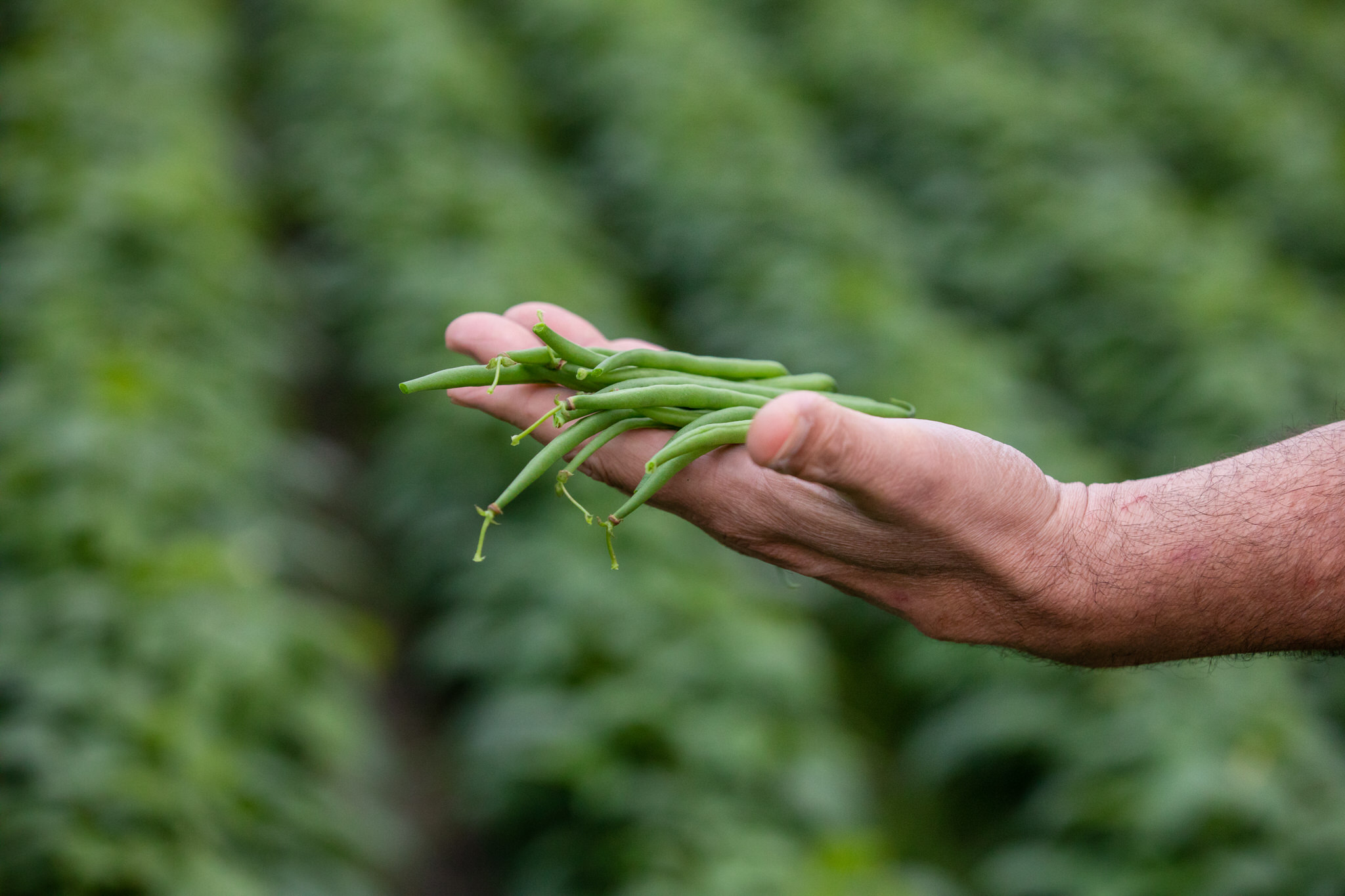
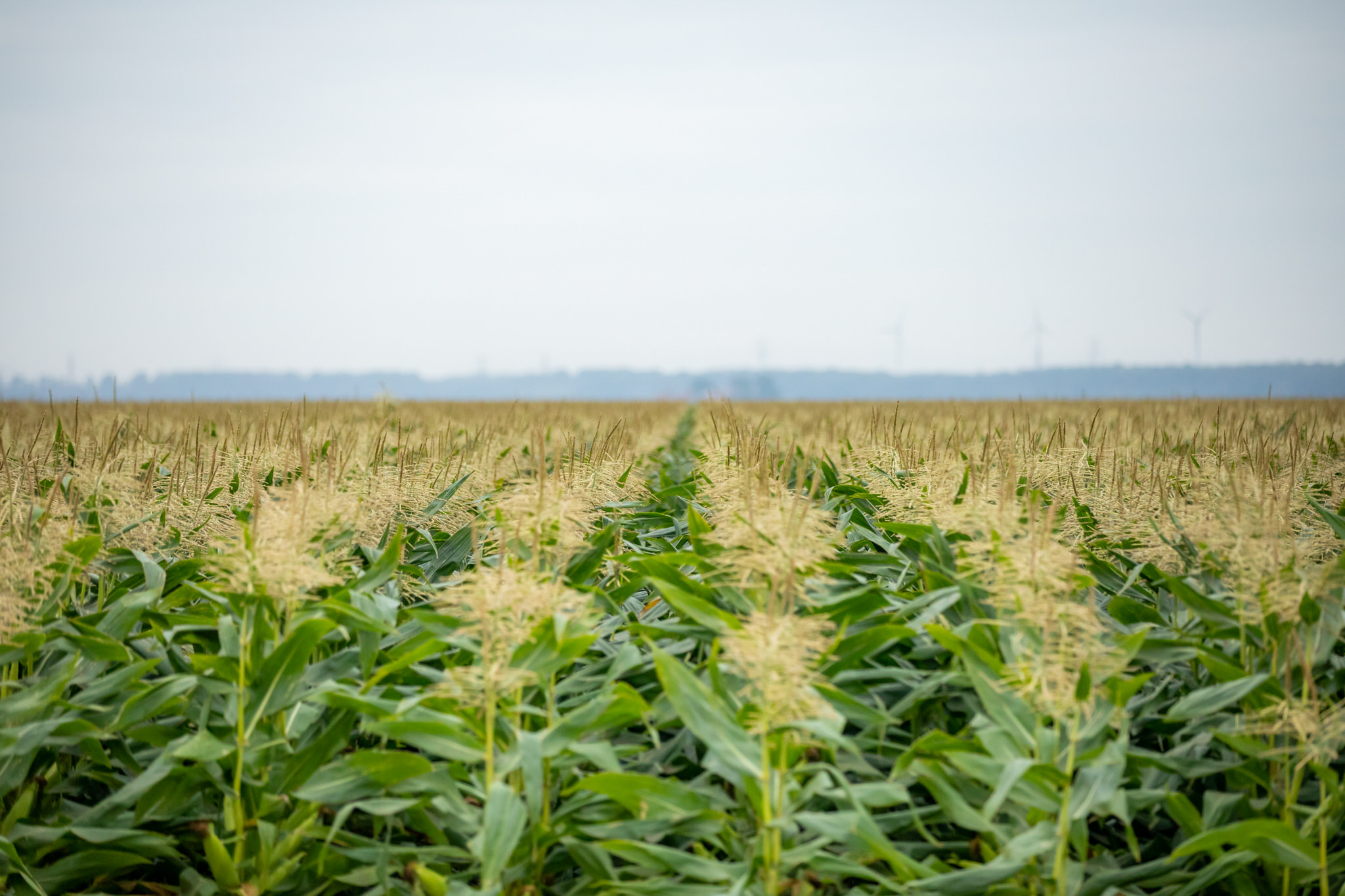
The benefits of the organic scheme are well recognized by the Green Deal’s Farm to Fork strategy, which set a target of ‘at least a quarter of the EU’s agricultural land under organic farming by 2030’.
To achieve this ambitious target, an EU Organic Action Plan has been put in place. It includes actions to stimulate the demand, to ensure consumer trust and to reinforce the entire value chain.

